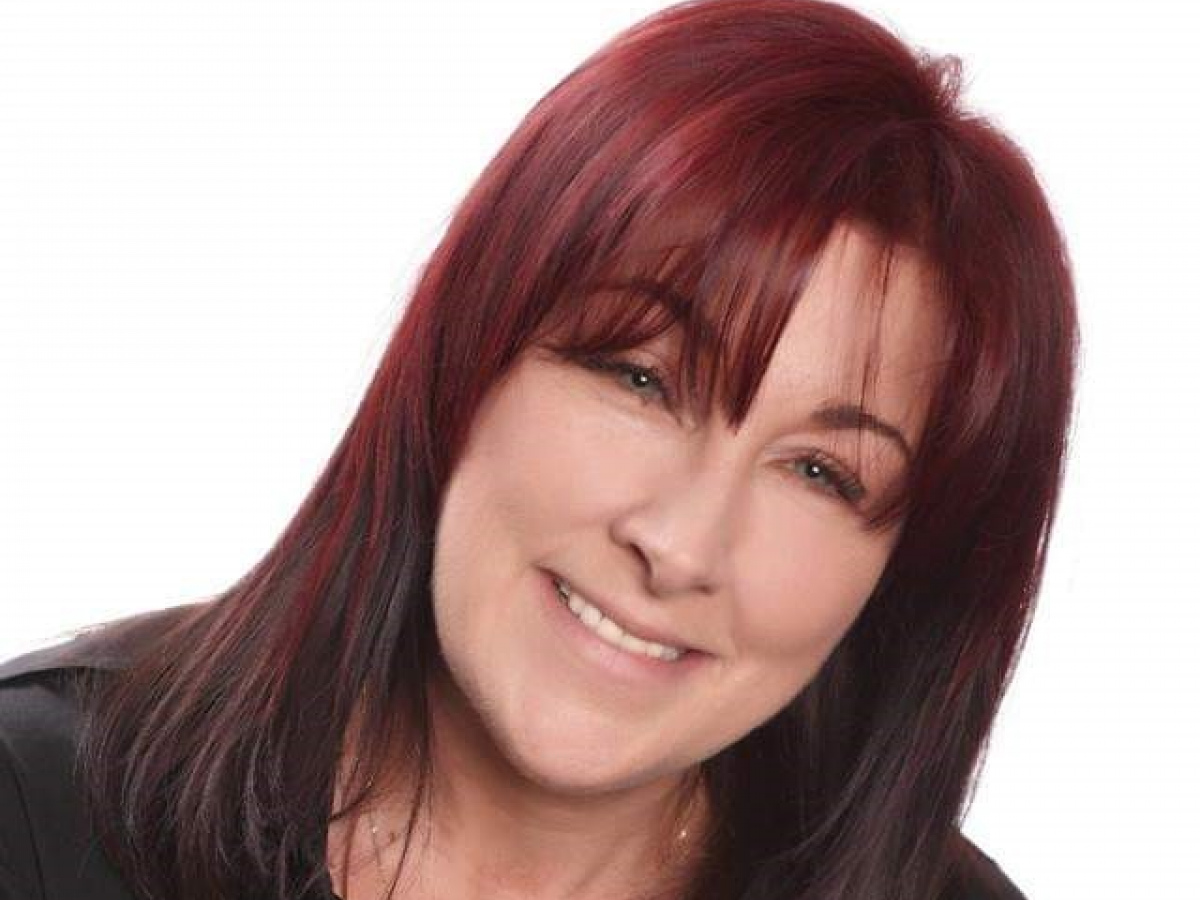Nicky's journey with Multiple Sclerosis
“Technology is my friend, but badly designed technology is actually more frustrating than no technology at all. A poorly designed or inaccessible website means the company trying to get my business is sloppy and is prepared to lose a large portion of their customers rather than do their homework. An inaccessible website 100% guarantees I'll abandon it and go somewhere else. Using auto-fill instead of making me type in all my information helps with absolute bone tiredness. And don’t even get me started on the millions of passwords I have to constantly remember. Please ask the experts—don’t assume you know or try and guess.”

Last week, in recognition of MS Awareness Week, we had the opportunity to interview Nicky about her journey with Multiple Sclerosis and the unique challenges she faces in our digital world. Diagnosed in 2008, Nicky shared her insights into the everyday barriers people with MS encounter online and the crucial role of digital accessibility in making life easier.
Through this conversation, we aimed to highlight not only the difficulties but also the potential solutions that could foster a more inclusive online environment. Here are some of the key questions we discussed with Nicky, focusing on her personal experiences and how MS Awareness Week can drive positive change both in Aotearoa New Zealand and globally.
What barriers do you find with digital accessibility when managing MS, and how can these be improved to enhance online experiences?
“With MS, as with any disabling condition, you rely heavily on technology. MS is also a moving target—it changes every day, sometimes more than once if you’re unlucky. It’s different for everyone, but for me, sight, hearing in noisy settings, and uncooperative fingers are my biggest problems. Challenging vision up close is always an issue, though I’m not convinced that’s not age-related! For websites, I’d say keep them uncluttered, with no fancy fonts or flashing lights. Less is always more. Don’t rely on sound or fiddly features either—it just becomes an overload and too much hard work.”
How can people best support someone living with MS in their daily lives?
“Every day brings a new set of challenges, so actually listen to what the person you are supporting says—don’t just hear them. There really is a difference. Also, ask what you can do to help. Don’t assume you know best, and never say ‘what did you do?’”
What does MS Awareness Week mean to you, and how does it influence your perspective on living with MS?
“MS awareness, like with other disabilities, should be part of how you function every day. Be aware and, as Jacinda Ardern famously said, just be kind.”
In what ways do you think MS Awareness Week helps bring about positive change for those living with MS?
“For me personally, it’s forced me to engage with people I never would have thought to engage with. It’s also highlighted how very little I actually know about my own condition. Just because you have MS doesn’t mean you’re an expert on MS—it just means you’re an expert on yourself.”
What’s something you wish people knew about MS that isn’t widely understood or often overlooked?
“Be patient. Rome wasn’t built in a day.”
How has your approach to daily routines and time management evolved since your MS diagnosis?
“My Google clock is my friend with its voice commands, and I set a lot more alarms to remind me to do things. I also know the amount of time it will take me to do things, so I try to plan accordingly.”
What’s a surprising aspect of managing MS that people might not expect?
“All the expensive tools available might actually make easy things much more difficult. One size does not fit all, and the perfect solution for one person with MS might be a disaster for another. Two words to avoid this: ‘ask’ and ‘listen’.”
How do you keep a positive outlook and manage the challenges of MS? Any tips or strategies you’d like to share?
“Get frustrated, trip and fall, cry about the unfairness of your life, but at the end of the day, get up and show up. Keep reminding yourself that you don’t owe anyone else anything. The only person you owe anything to is yourself, so be selfish.”
What’s one fun or unexpected thing you’ve learned about yourself since living with MS?
“I get to see just how great of an equaliser disability really is. Everyone is affected by it at some point.”
How important is support from whānau and friends in your MS journey, and how do you maintain these relationships?
“This is possibly the most important thing of all. No one wants to feel forgotten or seen as being of no further use.”
In the context of raising awareness about MS, what are you most passionate about sharing with the world? How has your personal MS journey shaped your perspective, and why is it important to raise awareness both in New Zealand and globally?
“Everyone has feelings, whether they can articulate them or not. Don’t think they don’t. They are more than likely just trapped in a body that doesn’t work the way it used to. Also, don’t underestimate us—we can do a lot more than you think we can.”
